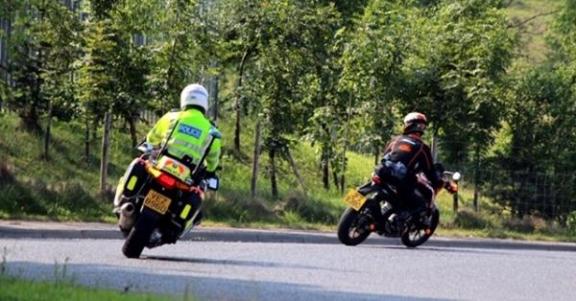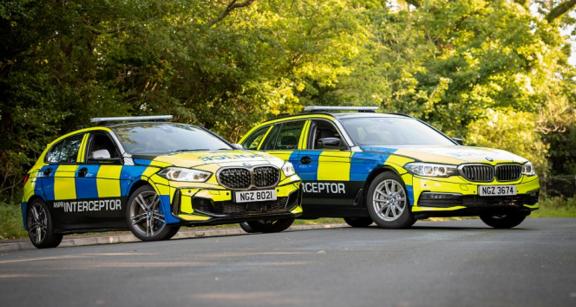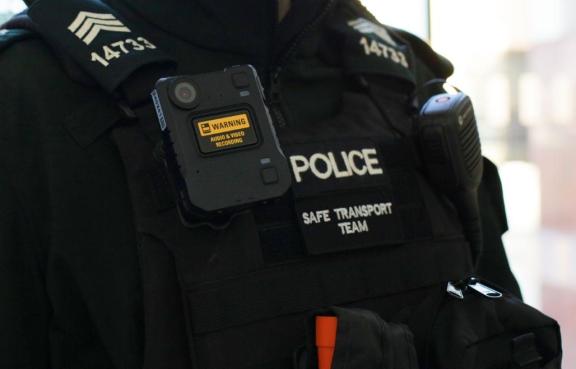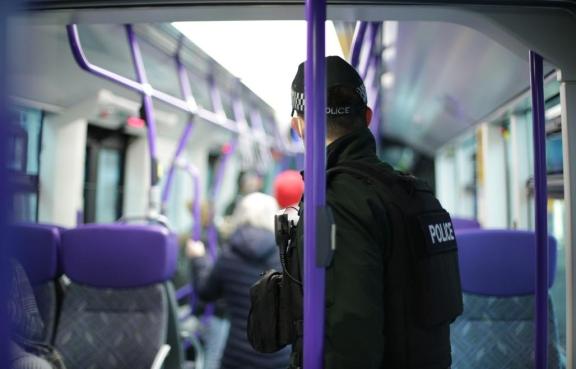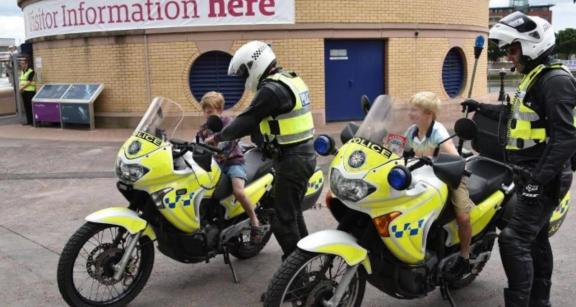The Road Policing Unit leads the Police Service of Northern Ireland's commitment to policing together for safe, secure and efficient roads. We work together with statutory and voluntary partners to achieve:
- Safe roads, free from harm
- Secure roads free from the threat of serious crime and terrorism
- Efficient roads that promote public confidence and satisfaction
As part of Operational Support Department, Road Policing is based in Portadown, Omagh, Enniskillen, Maydown and Antrim providing cover for all roads including the strategic motorway network in Northern Ireland.

